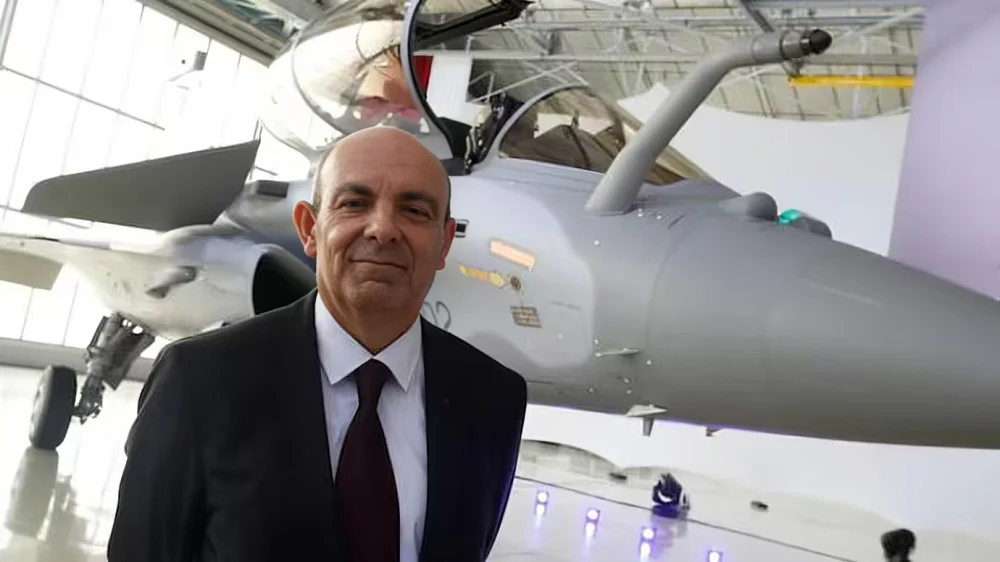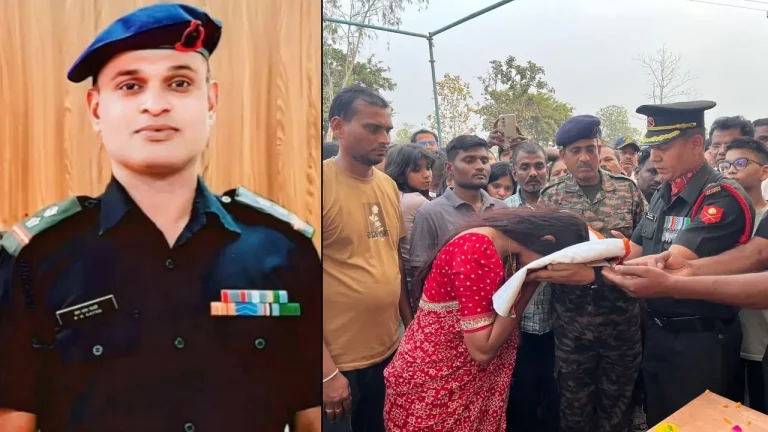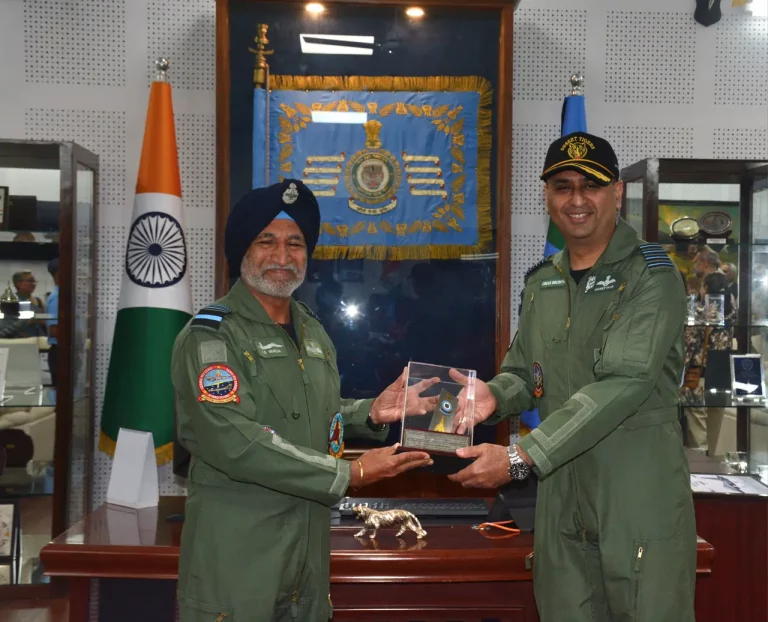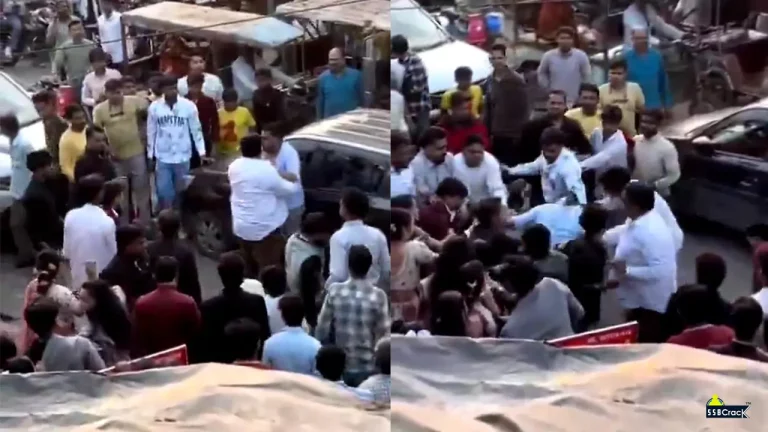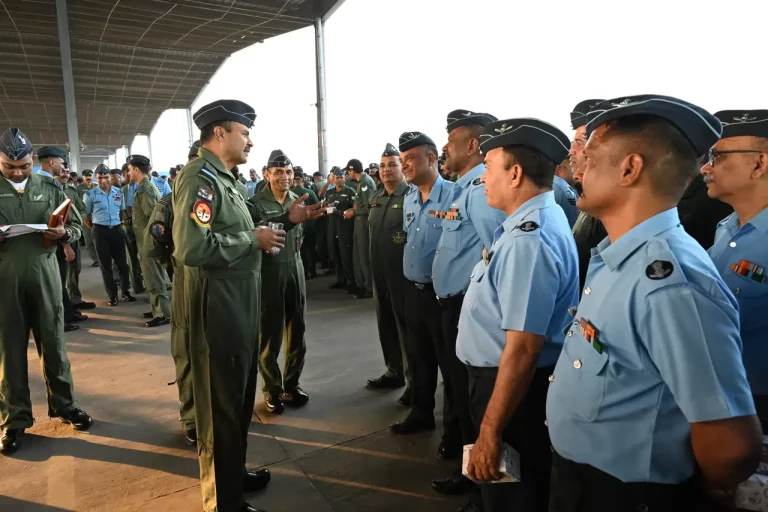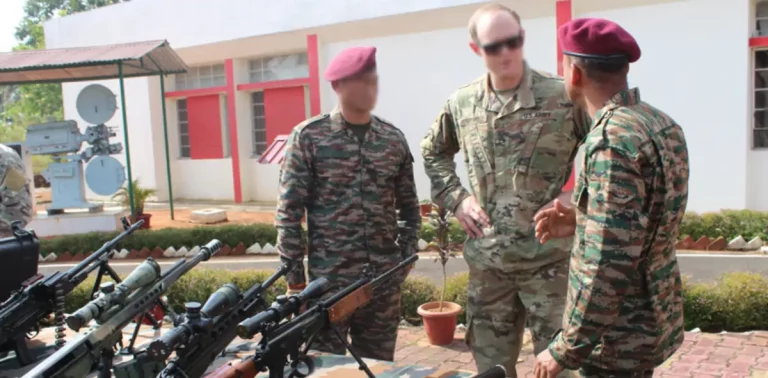Operation Sindoor, which commenced on May 7, marked a significant escalation in military tensions between India and Pakistan, highlighted by a high-intensity air campaign initiated by India. In the aftermath of the operation, Pakistan’s Air Force quickly asserted that it had successfully shot down five Indian aircraft, including three Rafales. However, these claims have been met with skepticism, as no evidence has emerged to support them.
Eric Trappier, the Chairman and CEO of Dassault Aviation, provided clarification regarding the alleged losses. He attributed the downing of the Indian jets to a “technical failure at high altitude,” directly refuting claims made by Pakistan. Trappier described these assertions as “inaccurate and unfounded” in an interview with Avion De Chasse. Supporting his remarks, he noted that the Spectra electronic warfare suite aboard the Rafale did not register any hostile contact, and flight logs corroborated his account.
In a further development, Dassault Aviation issued a statement to clarify certain press reports regarding Trappier’s comments about Operation Sindoor. The company emphasized that he did not make any operational or technical remarks pertaining to the Rafale’s involvement in the military operation.
This incident has escalated into a broader concern, particularly for France. The French Defence Ministry has accused Chinese embassies of engaging in a targeted smear campaign aimed at undermining Rafale sales while promoting China’s J-10C fighter as a less expensive alternative. French intelligence has reportedly traced the dissemination of fake images, AI-generated videos, and the creation of numerous social media accounts to spread rumors about the downed Rafales.
A Defence Ministry note highlighted that the Rafale was deliberately targeted, indicating that certain actors were attempting to undermine France’s credibility as a defense partner. This situation encompasses more than just the aircraft; it also touches on France’s reputation as an arms exporter on the global stage.
India’s official responses have been somewhat inconsistent. Defence Secretary RK Singh countered assertions regarding the number of Rafales lost, emphasizing that Pakistan incurred more substantial losses in both personnel and resources. He claimed, “You have used the term Rafales in the plural, I can assure you that is absolutely not correct.”
On the other hand, Captain Shiv Kumar, India’s defence attaché to Indonesia, acknowledged that while India did lose aircraft during the operation, it was due to constraints placed by the political leadership, which restricted strikes to terrorist camps rather than military installations or air defense systems.
Adding to the situation’s complexity, General Jerome Bellanger, the chief of the French Air Force, stated that he had evidence which suggested India lost a Mirage 2000, a Sukhoi, and a Rafale. Should this be confirmed, the Rafale’s loss would represent a significant first, as only 533 have been built, with 323 sold abroad to various countries, including Egypt, Qatar, and Greece.
Despite this, Trappier maintained that the loss of one aircraft was not attributable to hostile action from Pakistan, confirming that wreckage was found at high altitude during a training exercise, far removed from any enemy radar systems.
On Pakistan’s side, Air Marshal AK Bharti reported that India had succeeded in shooting down several Pakistani jets during the confrontations, preventing them from encroaching into Indian airspace. Unofficial reports suggest that Pakistan may have lost several aircraft, including three JF-17 Thunders and two Saab Erieye-2000 surveillance planes, highlighting the significant stakes in this aerial contest.
French officials argue that China’s motivations behind these smear campaigns are clear: to enhance the appeal of its J-10C fighter by casting doubt on the Rafale’s reliability. The situation underscores the geopolitical competition in Asia and the delicate balance of military partnerships in the region.
China responded firmly, labeling the claims as “groundless rumors and slander,” maintaining that it adheres to a responsible approach to military exports.
Despite the turmoil surrounding the operation, Dassault Aviation’s share price recovered somewhat after Defense Secretary RK Singh’s rebuttal of Pakistan’s claims, indicating resilience in investor confidence amid the swirling narratives.
